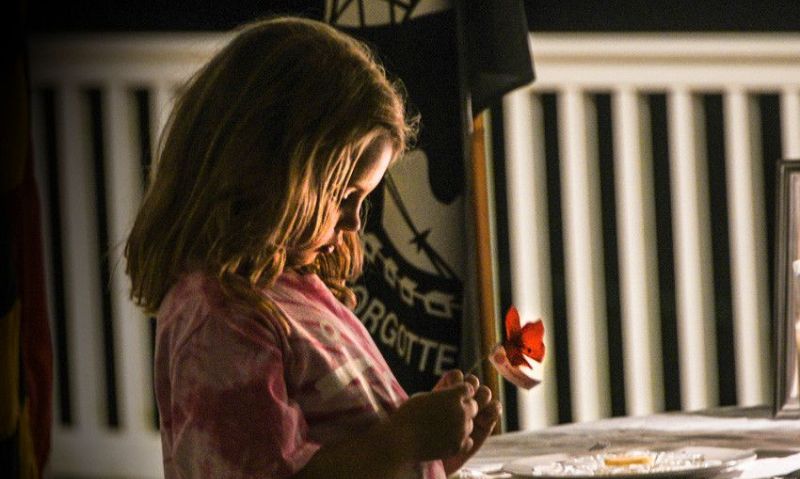
On September 15, our nation will recognize all U.S. servicemembers that remain missing in action.
Since our nation last observed POW/MIA Recognition Day, our country lost yet another hero who epitomizes the purpose of such remembrances. Hiroshi H. Miyamura was a second-generation American born in Gallup, N.M.
A member of the American Legion Department of Colorado, Miyamura served with the famed all-Nisei 100th Infantry Battalion in World War II. He was recalled to active-duty during the Korean War and it was there that his actions would ultimately lead President Eisenhower to present him the Medal of Honor during a 1953 White House ceremony.
As a machine gun squad leader with the 2nd Battalion, 7th Infantry Regiment, 3rd Infantry Division, Cpl. Miyamura is estimated to have killed at least 50 enemy soldiers during a Chinese nighttime attack near Taejon-Ni, Korea in 1951. He refused to abandon his wounded comrade, Joe Annello, during that battle and carried him even after both were captured. When his captors threatened to shoot Miyamura if he did not drop Annello, his wounded friend convinced him to listen. The enemy showed no mercy as a severely wounded Miyamura and his fellow POWs were forced to march 300 miles with little food over a 5-week period.
Through indomitable will, Miyamura survived his 28 months of captivity. Miraculously, so did Annello and the two later reunited in Gallup. The battlefield actions that led to Miyamura’s Medal of Honor were initially classified Top Secret by officials who feared that the enemy might retaliate against him if they had known the extent of the harm that he inflicted on their forces.
On November 29, 2022, Hiroshi Miyamura, transferred to what we in The American Legion refer to as Post Everlasting. He was 97.
On September 15, our nation will not only officially recognize POWs like Miyamura and Annello, but all U.S. servicemembers that remain missing in action. According to the Defense POW/MIA Accounting Agency (DPAA), more than 81,000 are unaccounted for in actions since World War II. Just more than half are presumed lost at sea.
The American Legion is extremely supportive of the DPAA’s mission to provide the fullest possible accounting for these missing heroes. In the coming months, I plan to visit the DPAA lab in Hawaii to receive a briefing on its latest efforts. Communities around the country still hold burials for repatriated heroes, whose remains were scientifically identified by the dedicated scientists at the DPAA. If you are related to someone who is MIA, you may be able to donate a DNA specimen and assist in identification efforts.
At the 67th National Convention of The American Legion, delegates adopted Resolution 288 which encourages the designation of a POW/MIA chair at all our official meetings. While the symbolism is powerful, the real value of the chair program is to keep this issue at the top of our agenda. The public, and especially the family members of these heroic men and women, deserve nothing less.
- Commander

